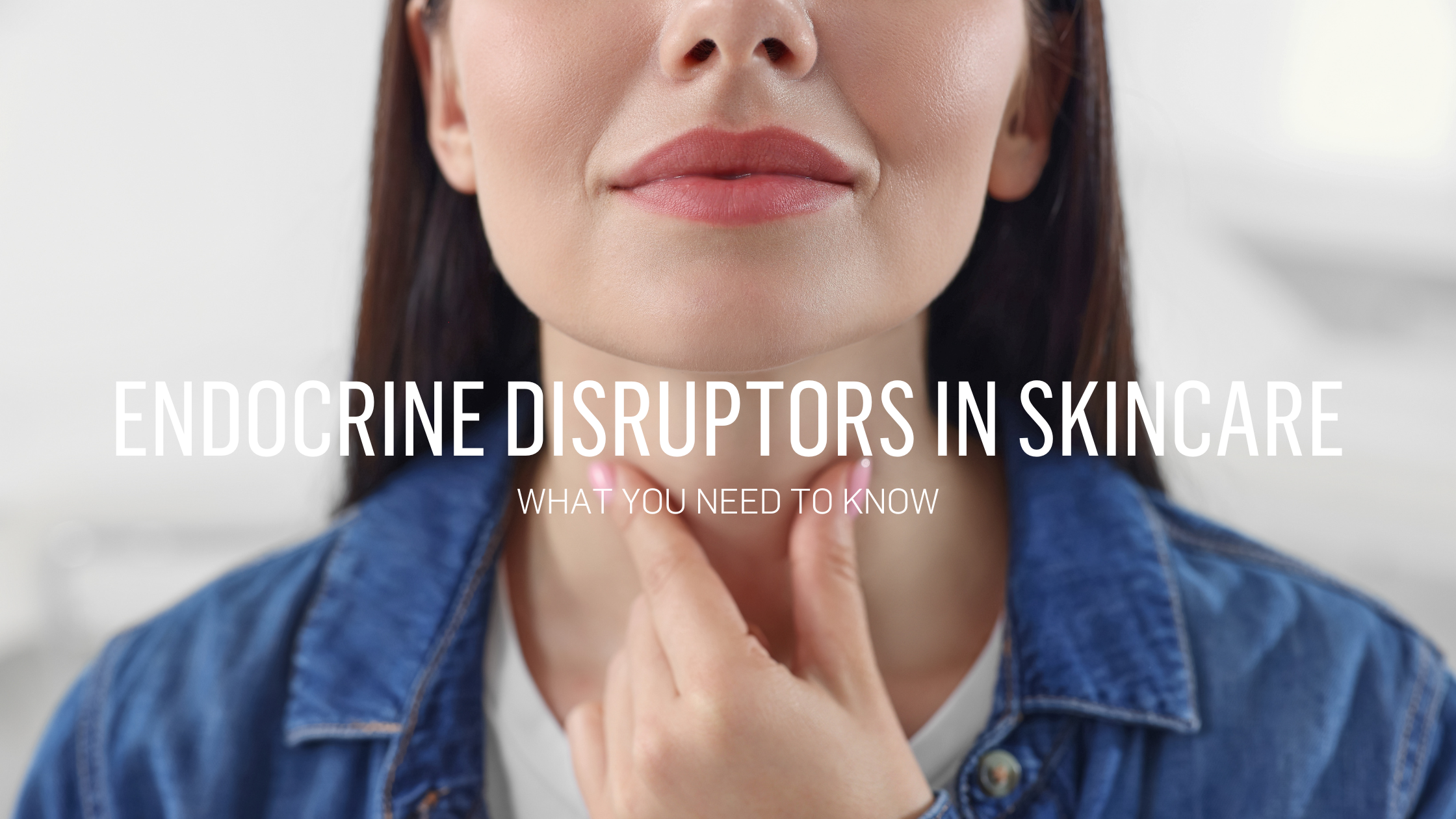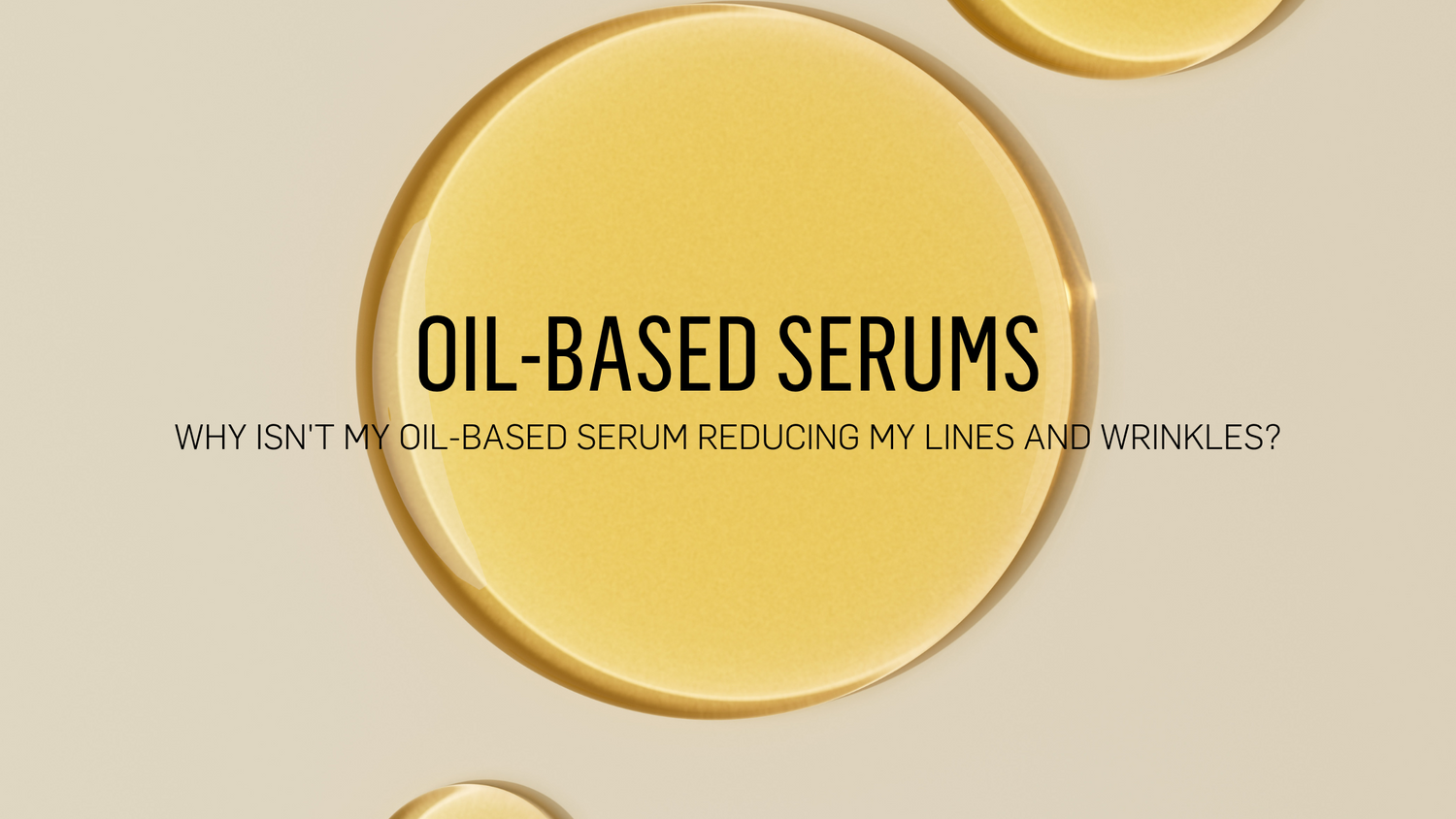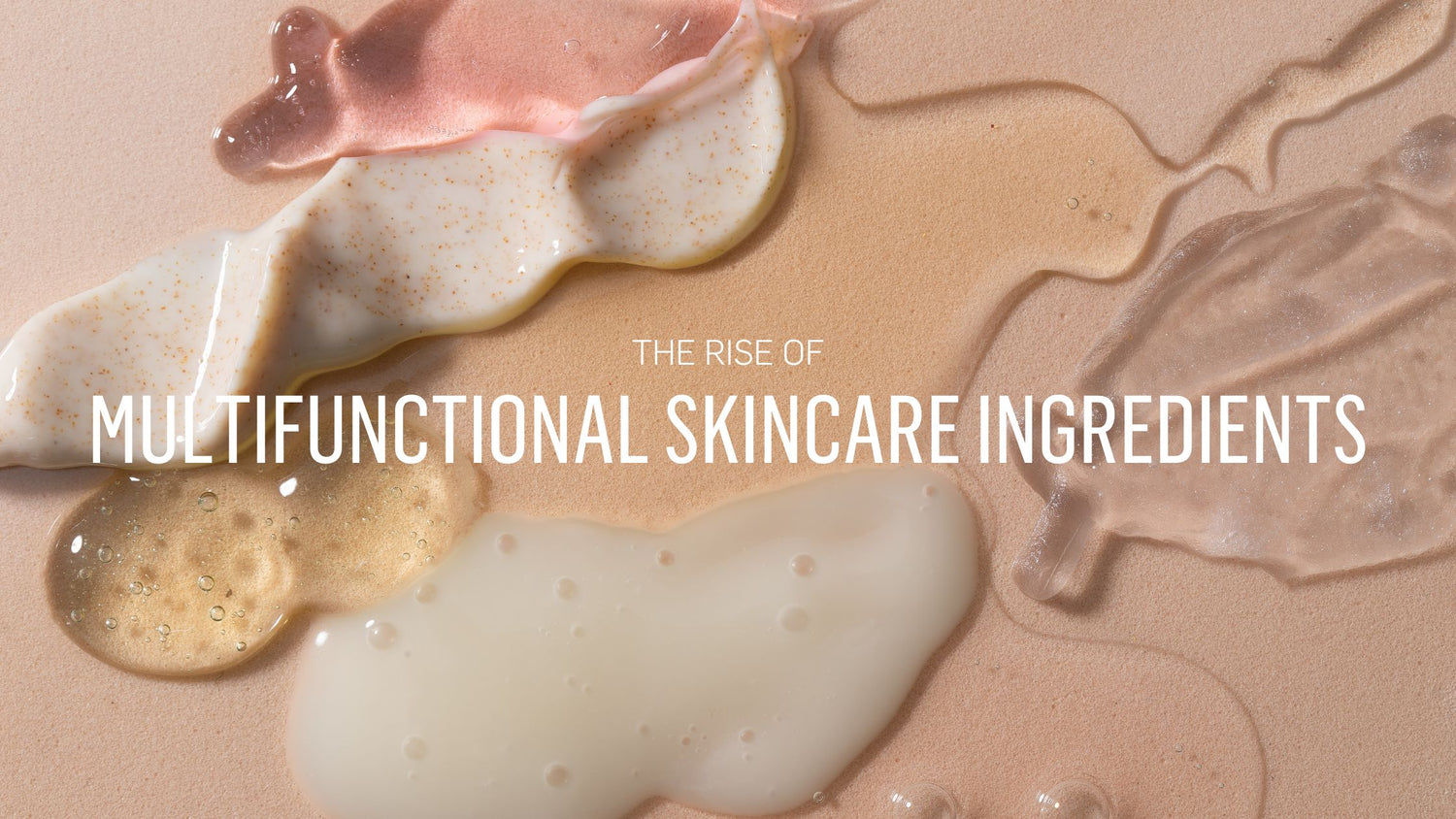What Are Endocrine Disruptors?
Endocrine disruptors are chemicals that can interfere with the endocrine system, the network of glands that produce hormones regulating various bodily functions. These disruptors can mimic, block, or alter hormone levels, leading to a range of health issues such as reproductive problems, developmental disorders, and increased cancer risk. Given their significant impact on health, it's crucial to be aware of and avoid these chemicals in everyday products, including skincare.
Why Should We Avoid Endocrine Disruptors in Skincare?
Our skin is the body's largest organ, and what we apply to it can be absorbed into the bloodstream. Using skincare products containing endocrine disruptors can lead to these harmful chemicals accumulating in our bodies, potentially causing long-term health issues. By choosing products free from endocrine disruptors, we can reduce our exposure and help protect our overall health and well-being.
Common Endocrine Disruptors Found in Skincare
Parabens (INCI: Methylparaben, Ethylparaben, Propylparaben, Butylparaben)
Parabens are widely used as preservatives in cosmetics to prevent the growth of bacteria and mold. However, they can mimic estrogen and have been linked to breast cancer and reproductive toxicity. Studies have found parabens in human tissue samples, raising concerns about their long-term health impacts.
Phthalates (INCI: Dibutyl Phthalate, Diethyl Phthalate)
Phthalates are often used to increase the flexibility and durability of plastics, and they can also be found in fragrances and lotions. They are known to disrupt the endocrine system, particularly affecting male reproductive development and function. Phthalates have also been linked to increased risks of asthma and allergies in children.
Triclosan (INCI: Triclosan)
Triclosan is an antimicrobial agent found in some soaps, hand sanitizers, and toothpaste. It can disrupt thyroid hormone metabolism and has been associated with antibiotic resistance. Continuous exposure to triclosan can also negatively affect the immune system.
Oxybenzone (INCI: Benzophenone-3)
Commonly used in sunscreens, oxybenzone can penetrate the skin and act as a hormone disruptor, potentially affecting estrogen and testosterone levels. It has also been linked to birth defects and developmental issues in children.
Polyethylene Glycol (PEG-100 Stearate)
There are lot of misinformation around this ingredient. PEG-100 itself is not a known endocrine disruptor, but the concern lies in its potential contamination with ethylene oxide and 1,4-dioxane, both of which are known endocrine disruptors and carcinogens. To ensure safety, it's essential to choose products that use PEG-100 with third-party testing to verify that it is free from these contaminants. Proper testing and certification can help mitigate the risks associated with PEG-100, making it safer for use in skincare products.
At Kalaia, Your Safety is Our Priority
At Kalaia, we are dedicated to providing you with safe, effective products free from harmful chemicals. Our commitment to your well-being is reflected in our meticulous ingredient selection and rigorous testing processes. Our products are formulated without Parabens, Phthalates, Triclosan, and Oxybenzone, ensuring you can trust what you put on your skin.
We take extra care with ingredients like Polyethylene Glycol (PEG-100 Stearate). The PEG-100 used in Kalaia products is derived from plant sources and undergoes third-party testing to confirm it is free from contaminants such as ethylene oxide and 1,4-dioxane. This ensures that you receive products that are not only effective but also safe for your skin and overall health. #goodforyoubeautiful
Experience the confidence of using skincare products that prioritize your safety and are backed by thorough testing and high standards. Choosing skincare products free from endocrine disruptors is essential for protecting your health. By being aware of these common harmful chemicals and opting for products that prioritize safety and transparency, you can reduce your exposure to endocrine disruptors and enjoy healthier skin and overall well-being.









